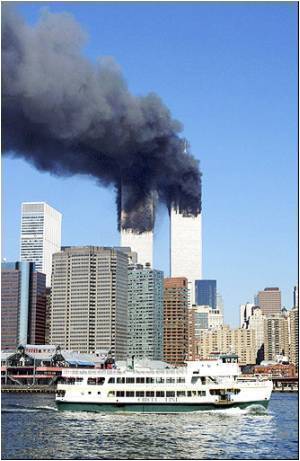Two new longitudinal studies have revealed that age played an important role in the effects of the September 11, 2001 terrorist attacks on New York City.

In the first study, researchers found higher rates of clinically significant behavior problems among preschool children directly exposed to 9/11 in Lower Manhattan according to whether their mothers had post-traumatic stress disorder (PTSD) and depression.
In the second study, New York City adolescents and their mothers had generally elevated rates of PTSD and depression one year after 9/11.
Direct exposure to the events of 9/11 played a small, but significant role in explaining the severity of mental health symptoms, the study said.
The first study, by researchers from Mount Sinai School of Medicine, the Jewish Board of Family and Children's Services, and the Bronx Department of Veterans Affairs Medical Center, looked at more than 100 moms and their preschool children who were directly exposed to the World Trade Center attacks.
The families were recruited through extensive outreach in the Lower Manhattan area, primarily to preschools, between March 2003 and December 2005.
Advertisement
Together, the two studies suggest that responding to children's post-trauma needs requires an understanding of how the children were exposed and of the impact of trauma-related changes in parent-child relationships.
Advertisement








